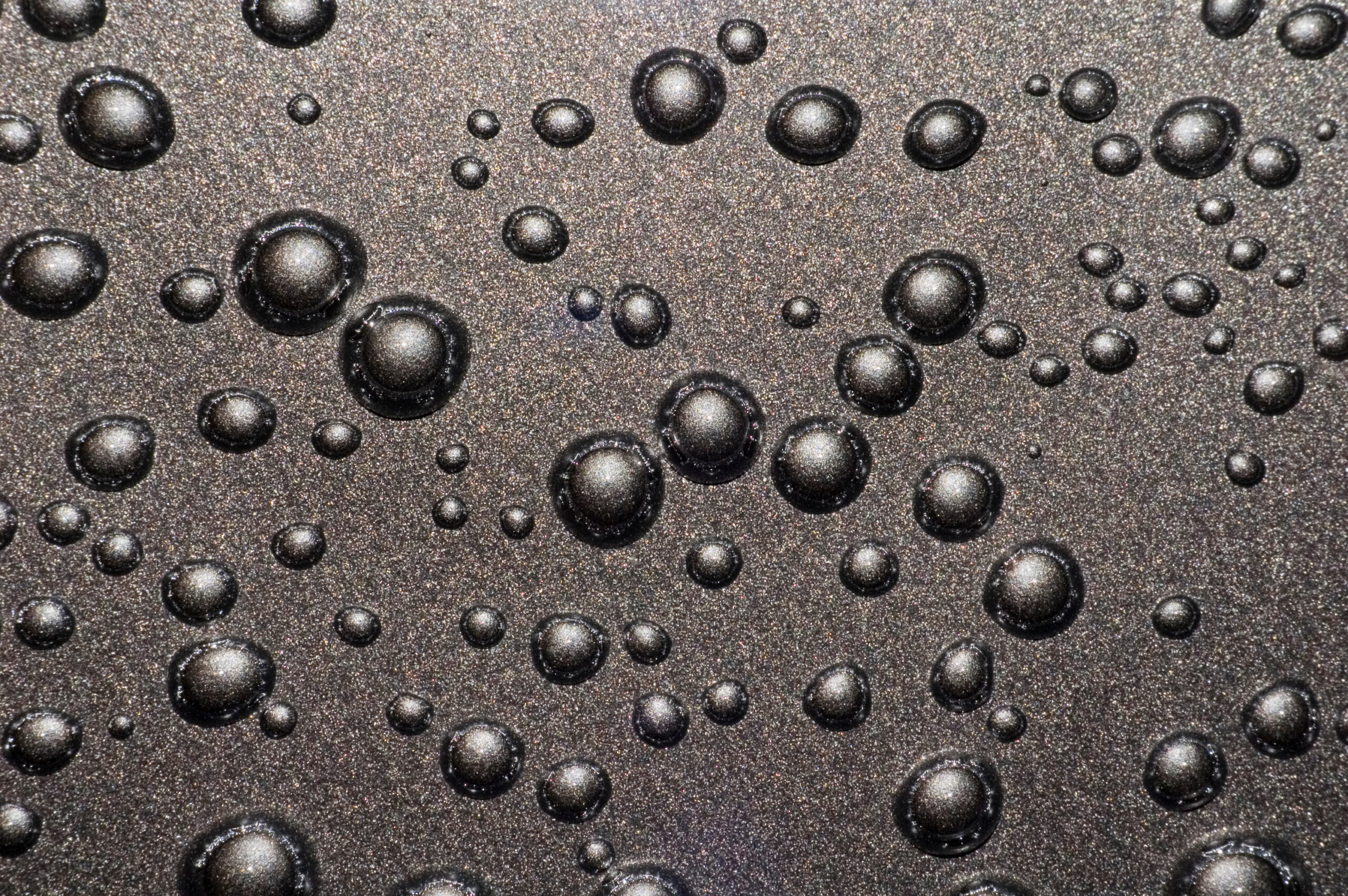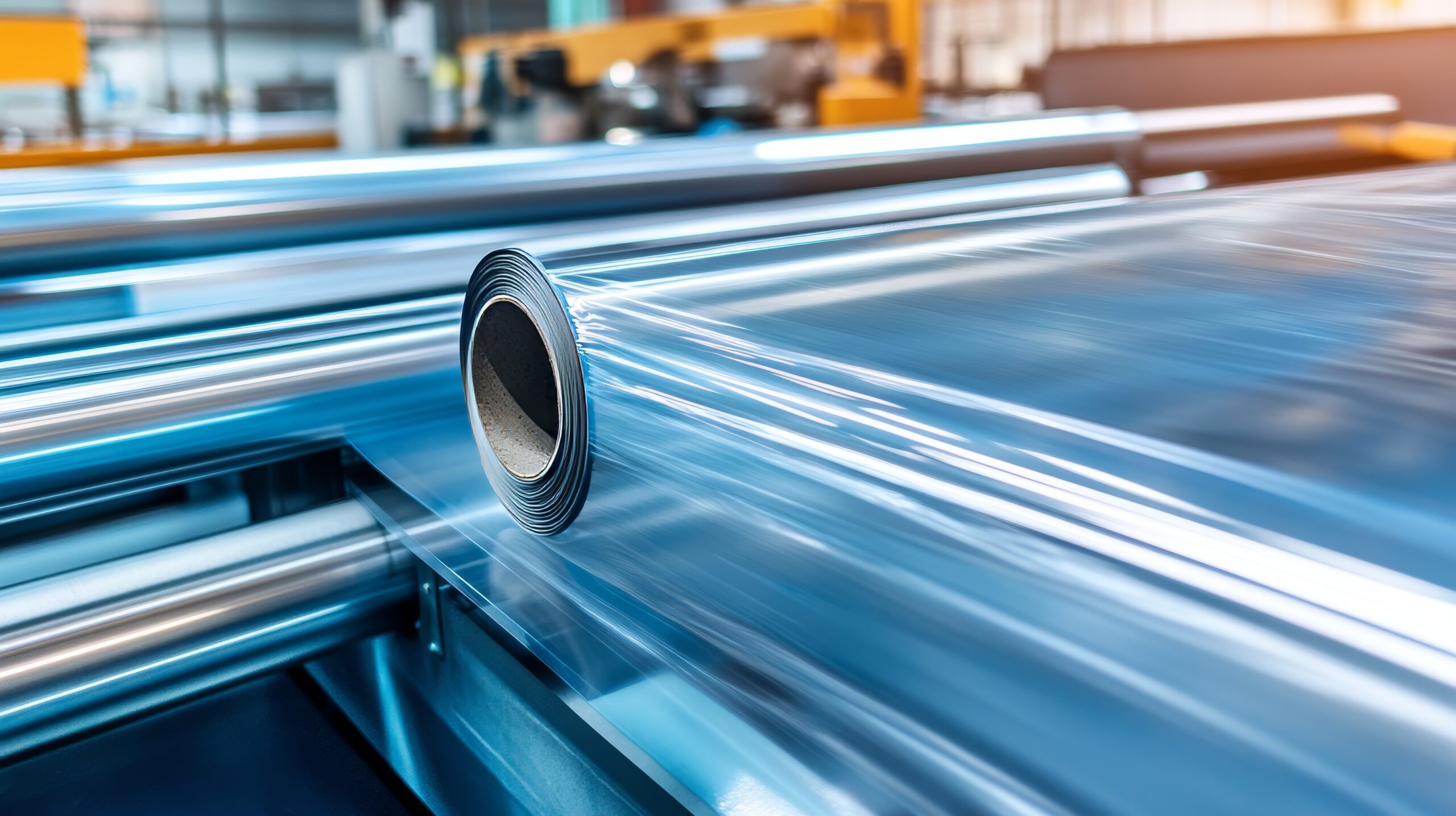In the rapidly evolving world of modern manufacturing, the selection of the right materials is crucial for ensuring product quality, durability, and efficiency. Among these materials, industrial plastics have become a staple due to their versatility, strength, and cost-effectiveness. This blog will guide you through the various industrial plastics available today, helping you understand which ones might be best suited for your specific manufacturing needs.
The Best Plastics for Manufacturing
The realm of industrial plastics encompasses a wide range of materials, each offering unique properties that make them suitable for different applications. Understanding the differences between these plastics is essential for choosing the right one for your projects. Here are some of the most commonly used plastics in manufacturing:
Nylon: The Versatile Workhorse
Nylon plastic is a go-to material for many manufacturers due to its impressive strength and durability. This synthetic polymer is known for its high melting point, making it ideal for applications requiring heat resistance. Whether it’s for mechanical parts or textiles, nylon plastic delivers both reliability and longevity. This is best for mechanical components and high-stress environments due to its strength and heat resistance.
Polycarbonate: The Strong and Transparent Choice
When you need a material that combines toughness with transparency, polycarbonate plastic is the answer. This plastic is widely used in the production of items such as safety goggles, automotive components, and electronic housings. Polycarbonate plastic is not only impact-resistant but also offers excellent optical clarity, making it perfect for applications where visibility is key. It is ideal for products requiring transparency and impact resistance, such as lenses and safety gear.
PTFE: The Non-Stick Solution
Polytetrafluoroethylene (PTFE) is an industrial plastic renowned for its exceptional non-stick properties and high-temperature resistance. PTFE is commonly used in applications such as industrial seals, gaskets, and linings, where its low friction and resistance to chemicals are crucial. It is particularly well-suited for environments that require materials to withstand extreme temperatures and corrosive substances.
UHMW: The Ultra-High Molecular Weight Advantage
UHMW plastics (Ultra-High Molecular Weight Polyethylene) are another standout in the world of industrial plastics. Known for their exceptional impact strength and low friction, UHMW plastics are often used in conveyor belts, guide rails, and wear strips. Their resistance to abrasion and chemical damage makes them ideal for harsh industrial environments. Great for industrial parts that need to withstand significant wear and tear, such as conveyor systems.
Acetal: The Precision Performer
Acetal plastic, also known as polyoxymethylene (POM), is a strong and stiff material often used in applications requiring high precision and low friction. Its excellent dimensional stability and resistance to moisture make it ideal for manufacturing gears, bearings, and other precision parts. Acetal is also known for its low wear properties, making it suitable for components that undergo repetitive motion.
HDPE: The Durable Utility
High-Density Polyethylene (HDPE) is a versatile plastic known for its high strength-to-density ratio. HDPE is used in a variety of applications, from plastic bottles and piping systems to geomembranes and plastic lumber. Its resistance to impact and chemicals, along with its lightweight properties, makes HDPE an excellent choice for products requiring durability and weather resistance.
Acrylic: The Clear and Bright Choice
Acrylic plastic, also known as polymethyl methacrylate (PMMA), is celebrated for its clarity and brilliance. It is a lightweight, shatter-resistant alternative to glass and is commonly used in applications where transparency and aesthetic appeal are important, such as in displays, signs, and protective barriers. Acrylic is also UV resistant, making it suitable for outdoor applications.
Common Applications of Industrial Plastics
Industrial plastics are utilized across a vast array of industries, thanks to their adaptability and efficiency. Here are some of the most common products and components made from these materials:
- Plastic Sheets: Used in construction, signage, and protective barriers.
- Automotive Parts: Components like dashboards, bumpers, and fuel tanks often use industrial plastics for their durability and lightweight properties.
- Electrical Insulation: Many electronic devices rely on industrial plastics for insulation due to their non-conductive nature.
- Medical Devices: From syringes to surgical instruments, industrial plastics are crucial in the medical field for their sterility and safety.
How to Choose the Right Plastic for Your Application
With so many options available, selecting the appropriate industrial plastic for your specific needs can be daunting. Here are a few tips to help you make the right choice:
- Consider the Application: The intended use of the plastic will significantly influence your choice. For instance, UHMW plastics are excellent for wear-resistant applications, while polycarbonate plastic is better for items that need transparency and strength.
- Evaluate Environmental Factors: Temperature, chemical exposure, and UV resistance are all factors that should be considered when selecting a plastic. PTFE is a great choice for high-temperature environments, while acetal plastic is often used in precision parts requiring low moisture absorption.
- Assess Mechanical Properties: Strength, flexibility, and impact resistance are crucial factors in determining the right plastic. Nylon plastics offers high tensile strength, making it suitable for mechanical applications.
- Consult with Experts: If in doubt, it’s always a good idea to consult with suppliers or experts in the field. Companies like Millennium Specialty Alloys provide valuable insights into the best materials for your specific needs.
Final Thoughts on Industrial Plastics in Manufacturing
The diversity and adaptability of industrial plastics make them an indispensable resource in modern manufacturing. Whether you’re producing automotive parts, medical devices, or construction materials, choosing the right plastic is crucial for ensuring product success. By understanding the properties and applications of different industrial plastics, you can make informed decisions that enhance the quality and durability of your products.
For those in Canada, Millennium Specialty Alloys offers a wide range of industrial plastics to meet your manufacturing needs. Whether you’re looking for plastic sheets, UHMW plastics, or acrylic plastic, their expert team can guide you to the best material for your application.
Visit Millennium Specialty Alloys to explore their extensive range of industrial plastics and find the perfect solution for your manufacturing needs.



